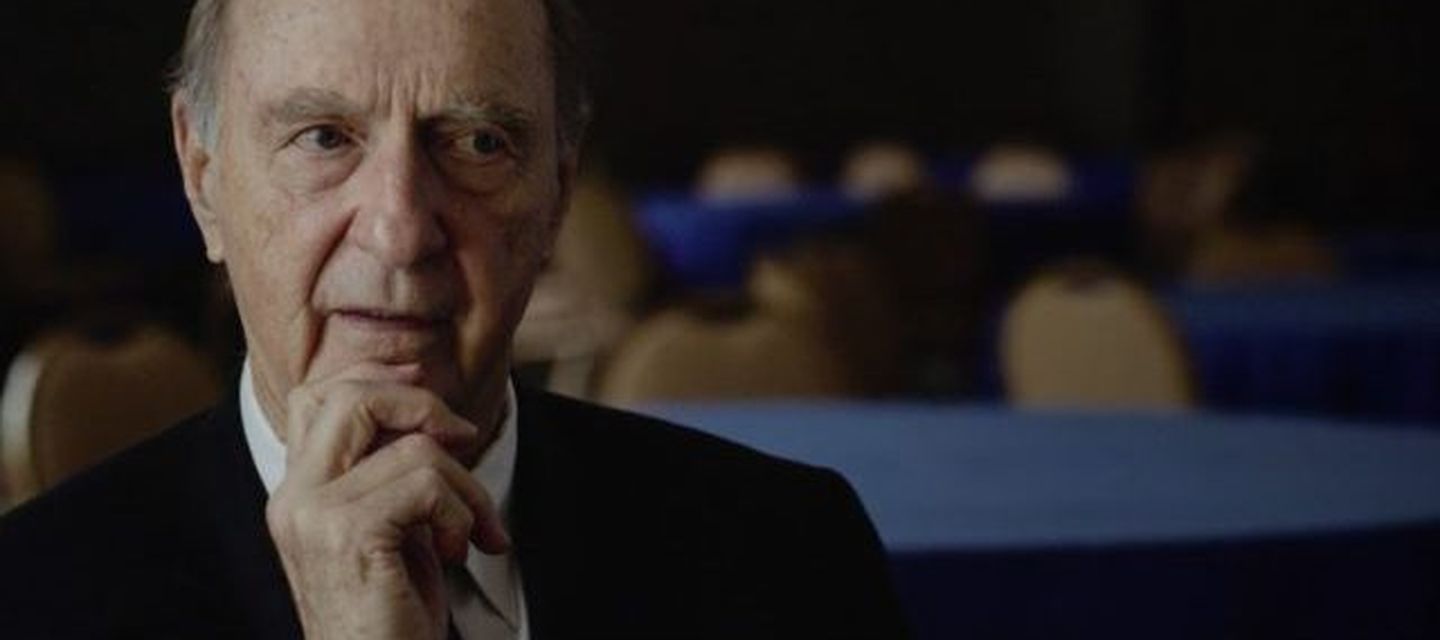
Constructivism and Positivism
Psychologist Ken Gergen will speak about Constructivism and how this school of inquiry may relate to Positivism. This lecture will be followed by a 10-minute response of Angélique Cramer, Q&A with the audience, and some drinks.
The so called ‘science wars’ of recent decades have left a residue of tension within many of the social sciences. Deliberation on such issues as objectivity, validity and ideology have given rise to sharp disagreements on the legitimacy of competing forms of inquiry. Because such divisiveness also undermines the potentials of the sciences, reconsideration is essential. As psychologist Ken Gergen will propose, because philosophic differences are principally irresolvable, we may usefully inquire into shared aspirations for the scientific contribution to society. An attitude of reflective pragmatism may thus inform our choices of research questions and practice. As Gergen will illustrate, the contribution of social science to pressing issues of society is significantly enriched by working together in broadening, combining, and creating methods of inquiry; germinating multiple perspectives; and enhancing critical consciousness.
About the speakers
Kenneth Gergen (emeritus of Swarthmore College and listed among the 50 most influential living psychologists in the world, NIAS Fellow in 1988-89) is a Senior Research Professor at Swarthmore College, and the President of the Taos Institute. Primary among his copious writings are: Realities and Relationships: Soundings in Social Construction (Harvard University Press, 1994), The Saturated Self: Dilemmas of Identity in Contemporary Life (2nd ed. Basic Books, 2001), An Invitation to Social Construction (3rd ed. Sage, 2015), and the award winning, Relational Being: Beyond Self and Community (Oxford University Press, 2009). He has served as an editor of the American Psychologist, and is the co-founder of the journals, Theory and Psychology, and Qualitative Psychology. He was a NIAS Fellow in 1988-89.
Angélique Cramer is one of the founders of the network approach to psychopathology, where a disorder such as depression is seen as the possible consequence of symptoms that cause each other. She obtained her PhD cum laude in psychological methodology (2013) and has quickly become an expert in the field of network models and complex dynamic systems. She directs a successful line of research in which, together with her team, she works on better methods for estimating networks for individuals. Through her column ‘De Gereedschapskist’ (The Toolbox) in the monthly magazine de Psycholoog (the Psychologist), Angélique Cramer makes methodological and statistical issues accessible to a wider audience.
:rgb(-15)

:rgb(-25)

:rgb(8)
